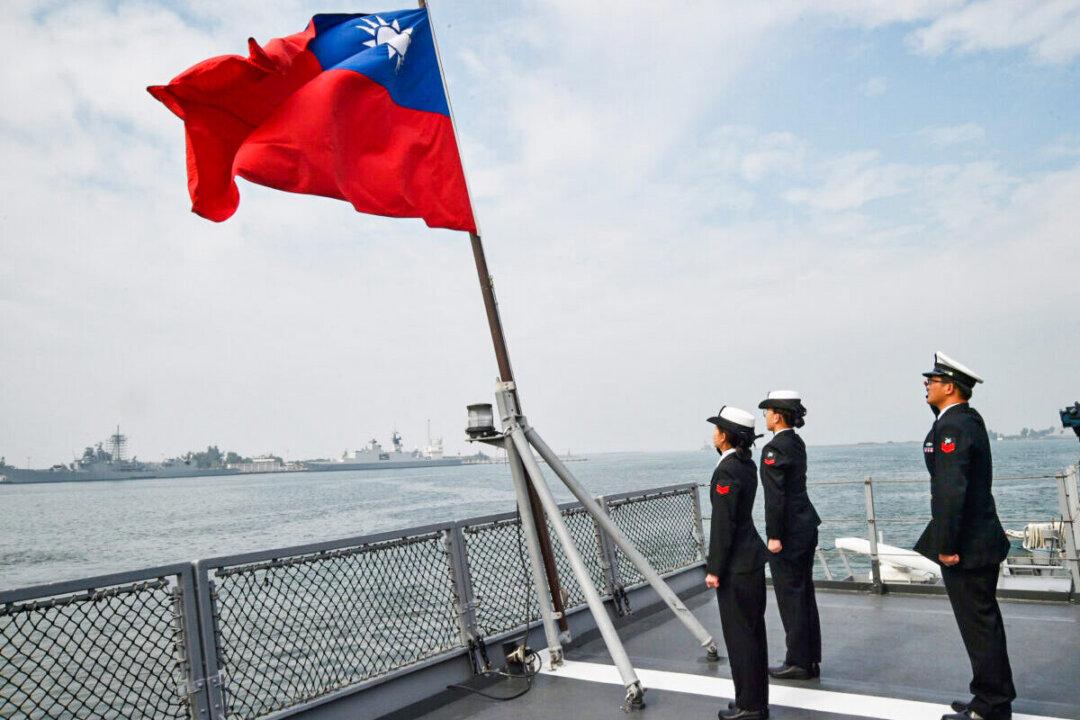With Taiwan heading into the final hours of its presidential election cycle, lawmakers and foreign policy analysts in the United States are preparing for how the election outcome will impact international relations with China.
While Taiwan governs itself like an independent nation, the People’s Republic of China considers the island a part of its territory. Officials within the ruling Chinese Communist Party (CCP) have repeatedly alluded to asserting political control over Taiwan through a strategy of so-called “reunification” between the island and the Chinese mainland, and have not ruled out military actions as a means of achieving this goal. It is in this context that foreign policy analysts like John Dotson, deputy director for the Global Taiwan Institute, are keeping an eye on Taiwan’s next moves and China’s reactions.




